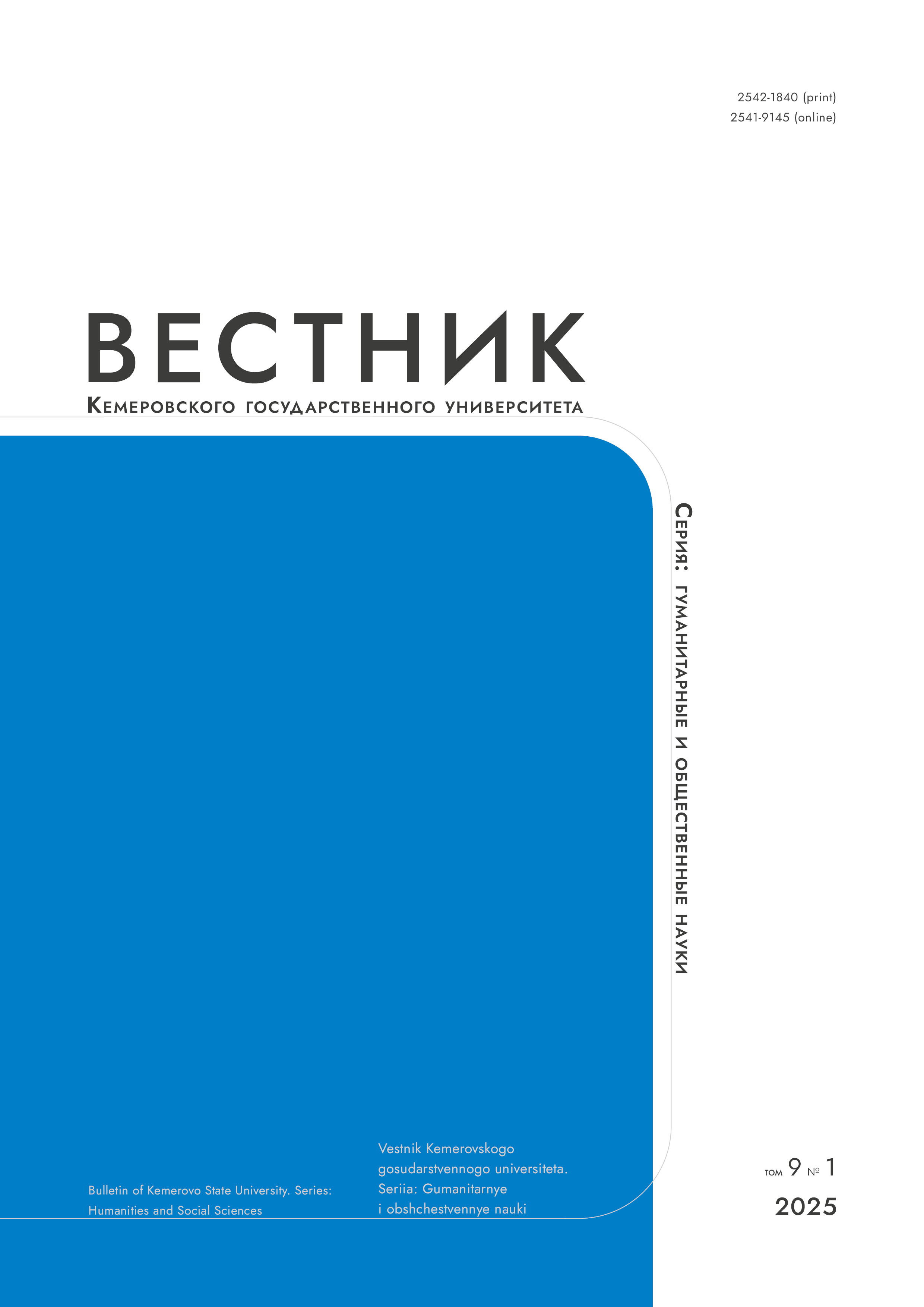Tomsk, Russian Federation
The article examines the legal status of web-conferencing in the courtroom. Trial court litigation no longer requires physical presence in the courtroom because web-conferencing has become an integral part of the judicial system, thus facilitating people’s access to justice. However, many organizational issues remain unregulated, e.g., application timing, identification procedure, evidence examination and presentation, protocol procedures, etc. The legal regulation of the connection process and the consequences of non-compliance also remain a special issue. These organizational matters impact the ability of remote participants to defend their interests in court and obtain access to justice equal to those provided to in-person attendees. The author proposes various ways to enhance the norms of using web-conferencing systems in court, e.g., how to examine digital evidence in a web-conference format, how to provide web-conferencing facilities for every court session, etc. Web-conferencing at court needs stricter legislation, uniform legal standards, and clear procedures. The article offers an analysis of the existing information services, their technical capabilities, and alternative technological solutions for online participation in courts of arbitration and general jurisdiction.
web-conferencing, remote participation, online participation, technical capability, information systems, online session, digital tools
1. Orlov A. V. Establishment and maintenance of security of judicial activities in new epidemiological conditions. Court’s Administrator, 2022, (1): 2-5. (In Russ.) https://www.elibrary.ru/nhznzg
2. Trezubov E. S. Trends of the digitalization of civil procedure. The herald of civil process, 2022, 12(5): 204-227. (In Russ.) https://www.elibrary.ru/fofprm
3. Magomedova K. K., Efendieva D. K. Guarantees of a fair trial in conditions of digitalization of justice in civil cases. Russian Judge, 2023, (1): 10-13. (In Russ.) https://www.elibrary.ru/xcsmrz
4. Kapustin O. A. Organizational and legal forms of judicial proceedings using remote access technologies. Russian Judge, 2021, (1): 3-8. (In Russ.) https://www.elibrary.ru/foqbhb
5. Kantser Yu. A. Features of holding an online hearing in commercial courts. Russian Judge, 2021, (10): 20-24. (In Russ.) https://www.elibrary.ru/hzxwzm
6. Romanova V. E. Problems of digitalization in review of disputes by state commercial courts in the legal practice. Arbitrazh and civil procedure, 2022, (9): 37-41. (In Russ.) https://www.elibrary.ru/ncgyot
7. Yakusheva E. E. Digital technologies and assurance of the availability of justice. Arbitrazh and civil procedure, 2021, (7): 8-12. (In Russ.) https://www.elibrary.ru/hgqjgq
8. Krymskiy D. I., Melnikova A. V. Abuse of procedural rights in the context of digitalization of justice. The herald of civil process, 2023, (1): 306-327. (In Russ.) https://www.elibrary.ru/klbvkq
9. Yarkov V. V. Proving the abuse of procedural law. Zakon, 2022, (7): 40-51. (In Russ.) https://www.elibrary.ru/npzcxo
10. Tetyuev S. V. Realization of the right to indirect participation in a court session in administrative proceedings. Journal of Russian Law, 2022, (8): 108-118. (In Russ.) https://www.elibrary.ru/lbpzhm
11. Fokina M. A. On some concepts of civil procedure: the results of two decades. The herald of civil process, 2023, 13(1): 15-43. (In Russ.) https://www.elibrary.ru/tutqnc
12. Reshetnikova I. V. Procedural law aspects of holding of a web conference in the arbitration process. Arbitrazh and civil procedure, 2022, (7): 31-33. (In Russ.) https://www.elibrary.ru/wnqumy
13. Trezubov E. S. Videoconferencing in courts: a forced transformation in the conditions of the pandemic. Court’s Administrator, 2020, (2): 38-43. (In Russ.) https://www.elibrary.ru/ntgigb
14. Grubtsova S. P. Court sessions in the form of a web conference: an analysis of provisions of civil procedure laws. Arbitrazh and civil procedure, 2022, (7): 34-36. (In Russ.) https://www.elibrary.ru/vswrjb
15. Burdina E. V. Digital access to court in the Russian Federation: legal regulation problems. Russian Judge, 2022, (10): 49-53. (In Russ.) https://www.elibrary.ru/hhdgwm
16. Burilov A. Online justice: experience, problems, and prospects. Iuridicheskii spravochnik rukovoditelia, 2023, (3): 55-58. (In Russ.)
17. Streltsova E. G., Chaikina A. V., Samsonova M. V. Digital Technology in Civil and Administrative Proceedings: Practice, Analysis, and Perspectives. Moscow: Infotropik Media, 2022, 336. (In Russ.)
18. Afanasiev S. F. On the issue of the use of distance technologies in civil and administrative cases in the context of the principles competitiveness and equality of the parties. Pravovaia politika i pravovaia zhizn, 2021, (1): 141-147. (In Russ.) https://www.elibrary.ru/ezmmrf
19. Lukonina Yu. A. Digital communication in a civil procedure as one of the integral segments of exercising of justice in civil cases. Court’s Administrator, 2022, (3): 9-12. (In Russ.) https://www.elibrary.ru/dqupeu
20. Koryakina K. G., Khokhryakova O. V. Legal analysis of risks related to using web conference systems in arbitration proceedings. Vestnik arbitrazhnoi praktiki, 2020, (3): 12-18. (In Russ.) https://www.elibrary.ru/ymhoss
21. Ageev A. S. "Digital divide" and elements of its architecture: on the legal aspects of digital inequality. Konstitutsionnoe i munitsipalnoe pravo, 2021, (10): 23-26. (In Russ.) https://www.elibrary.ru/mswwnd
22. Nobel N. A. On the participation of an interpreter in hearing of administrative offense cases by judges of general jurisdiction courts. Administrative law and procedure, 2022, (6): 35-38. (In Russ.) https://www.elibrary.ru/nadsjo
23. Nosov S. I. The change of limits and subject of the legal regulation in the digitalization eroch. Iurist, 2021, (12): 63-69. (In Russ.) https://www.elibrary.ru/wrrlup
24. Khisamov A. Kh. Video conferencing and web conferencing in civil procedure. The herald of civil process, 2020, 10(4): 254-269. (In Russ.) https://www.elibrary.ru/ckokhf
25. Karataev I. A. The correlation between procedural economy and the principle of concentration and optimization of a civil procedure. Arbitrazh and civil procedure, 2022, (9): 3-7. (In Russ.) https://www.elibrary.ru/ipqswi


















